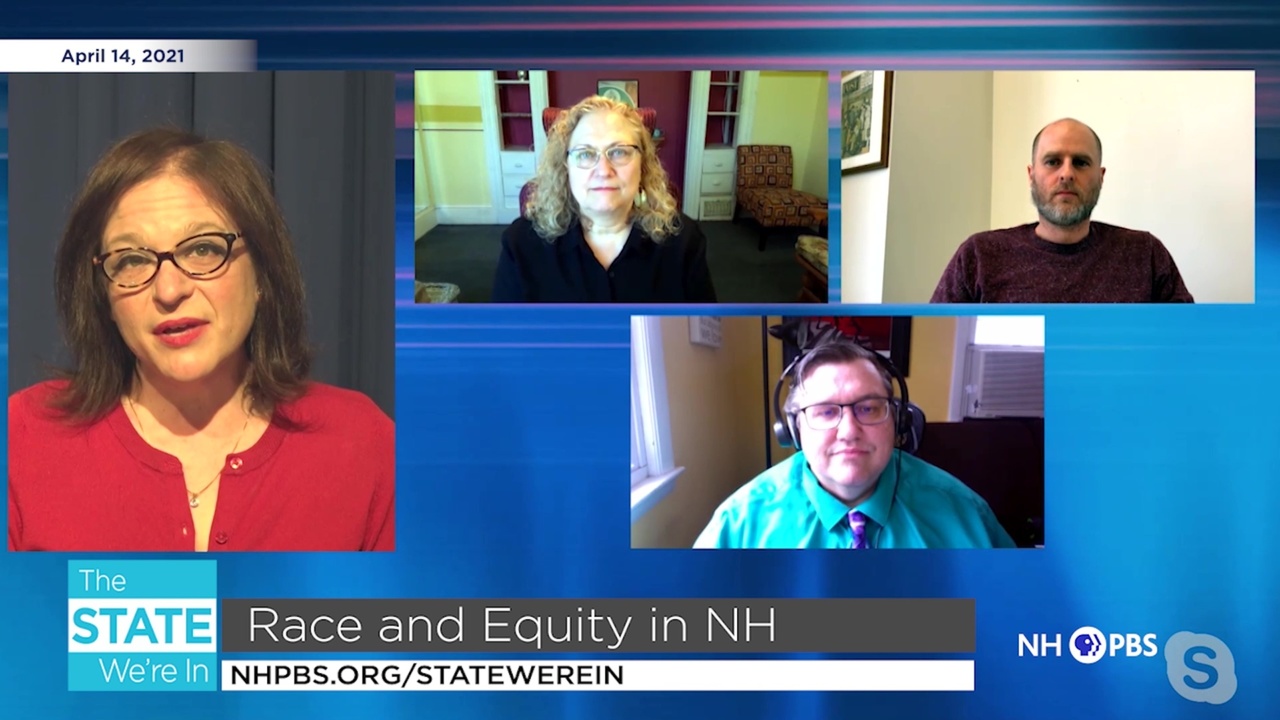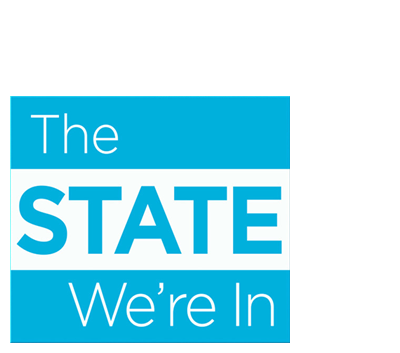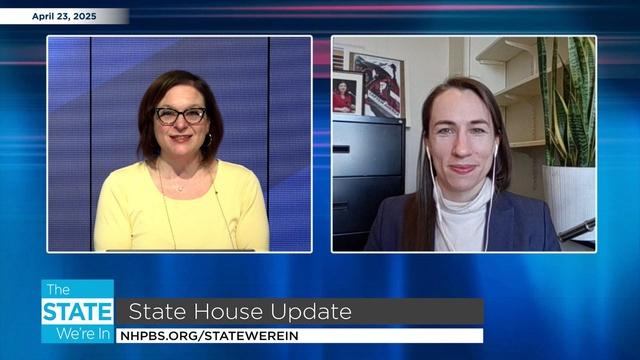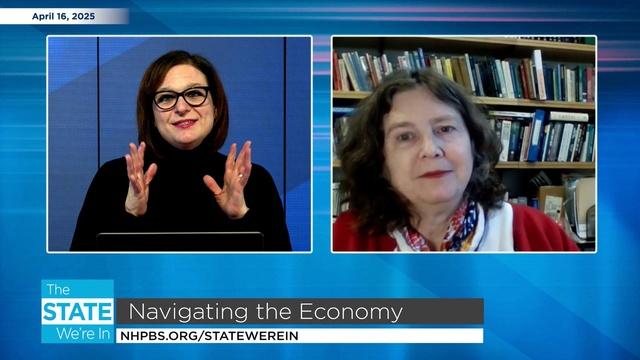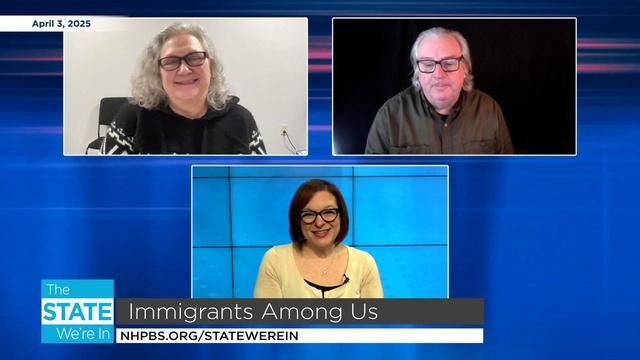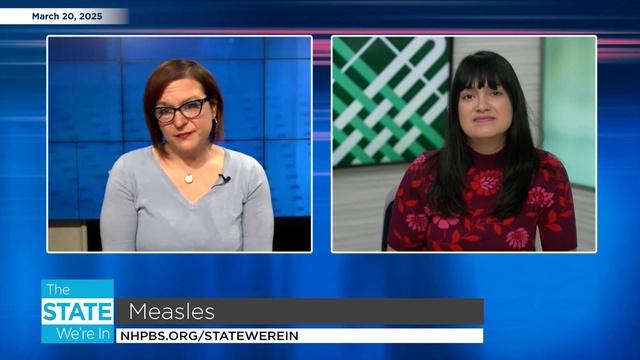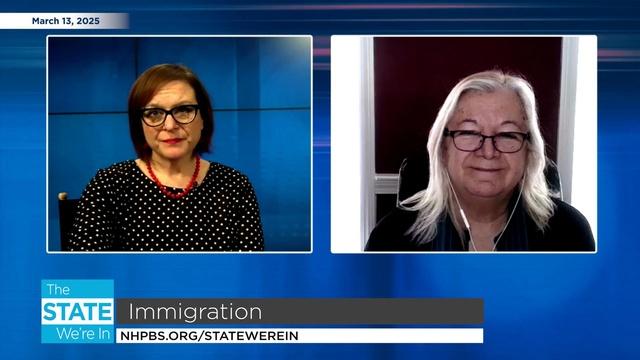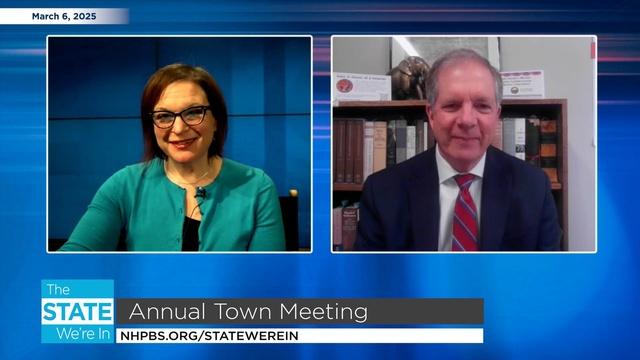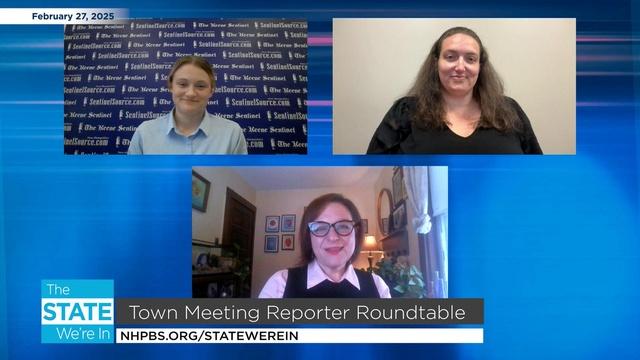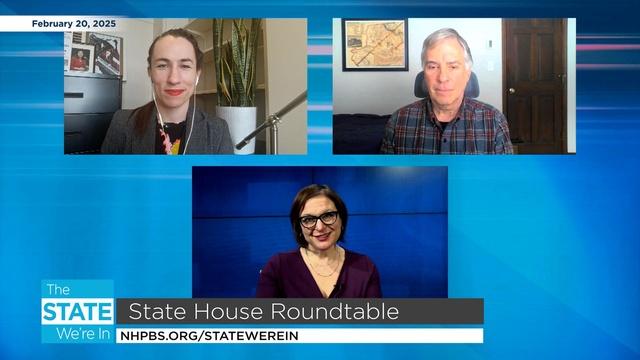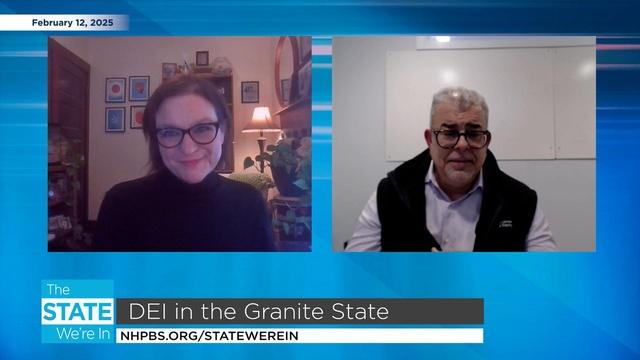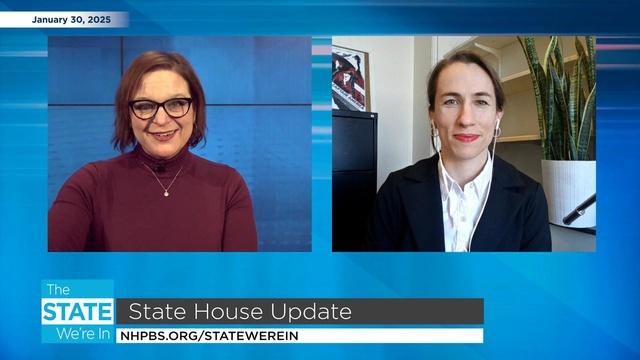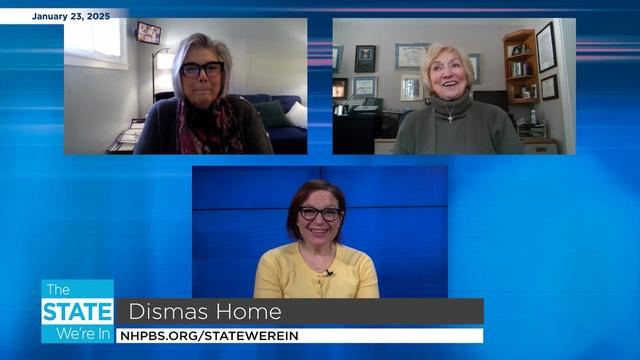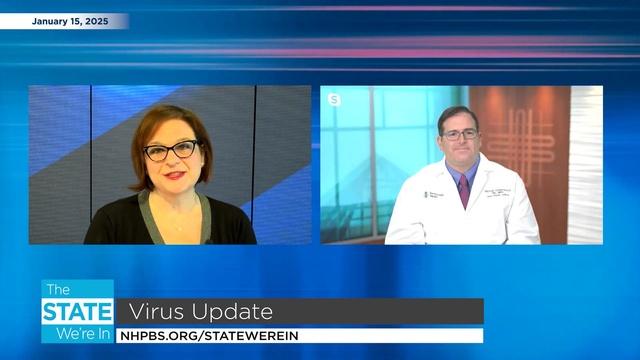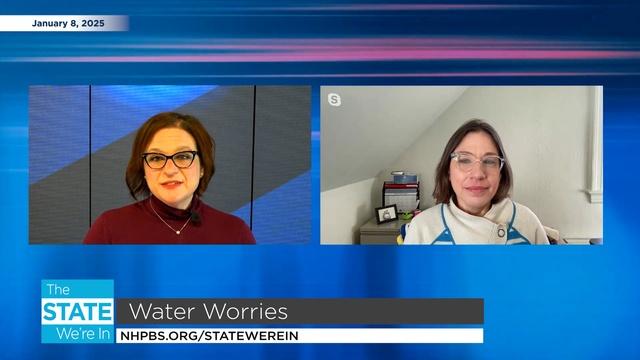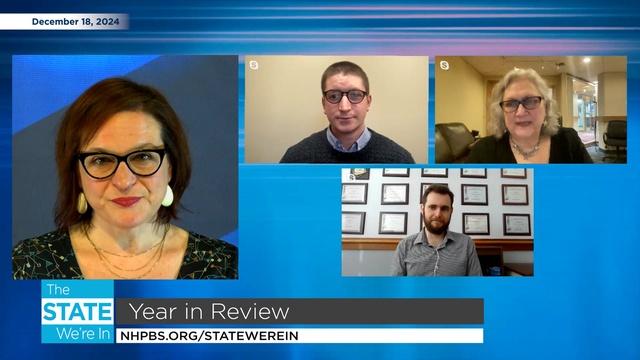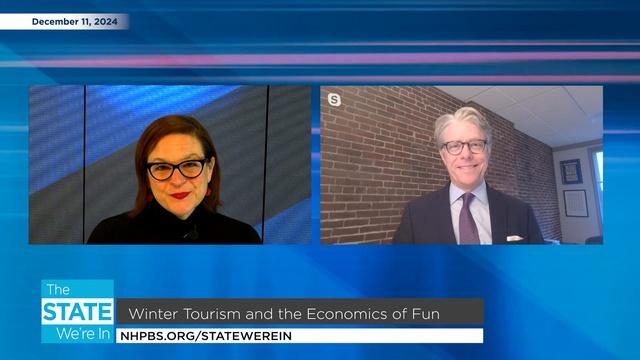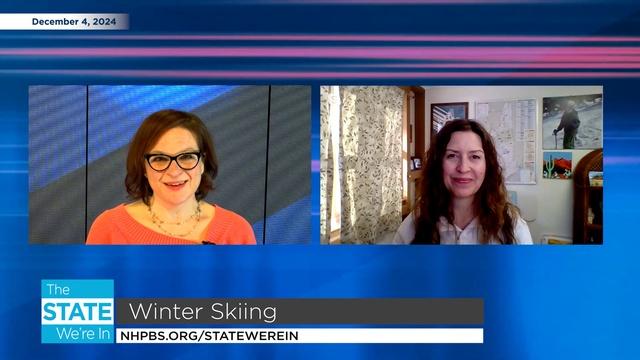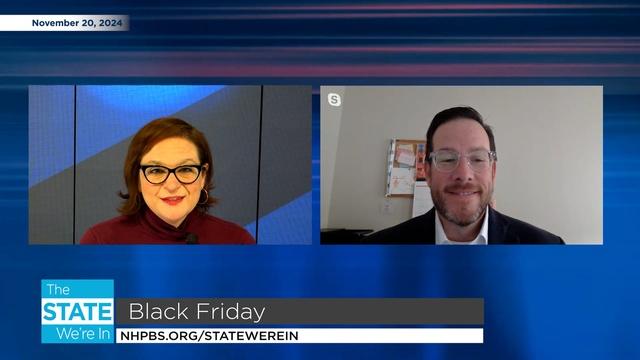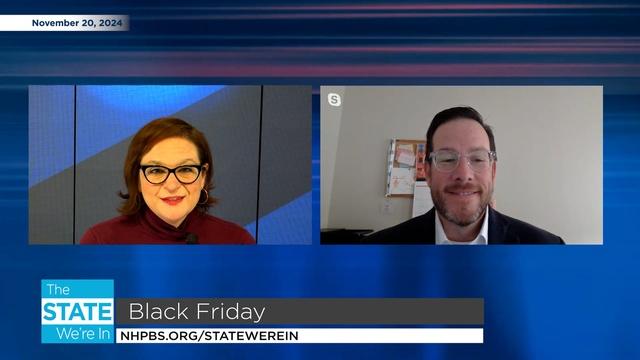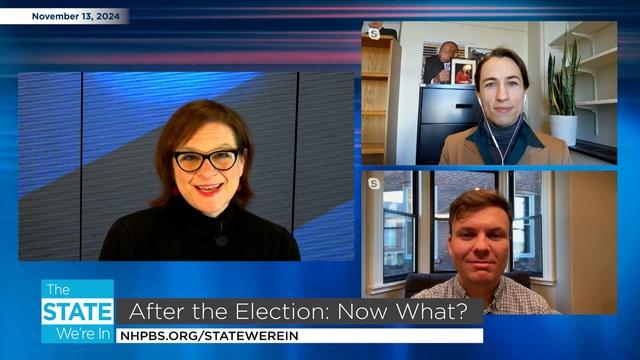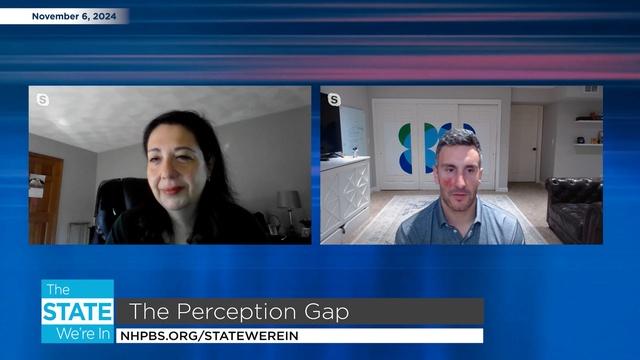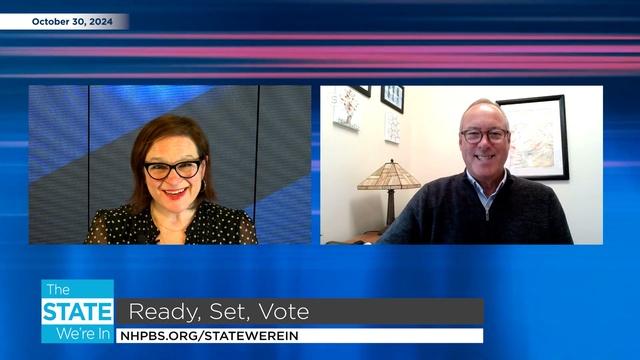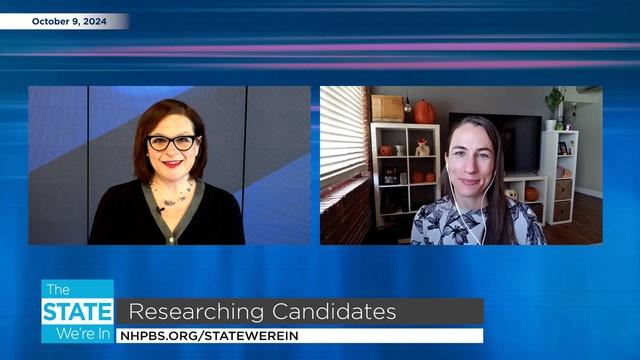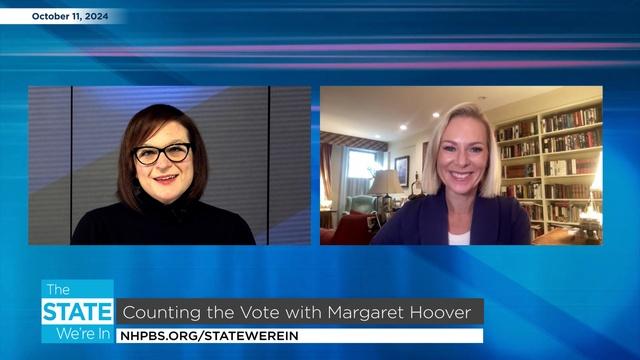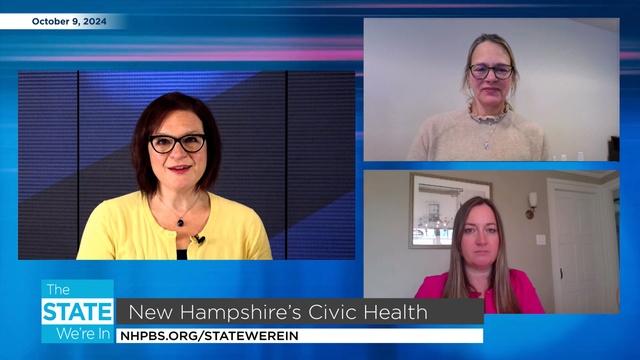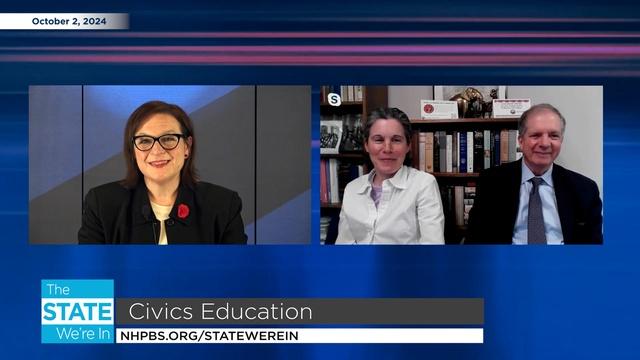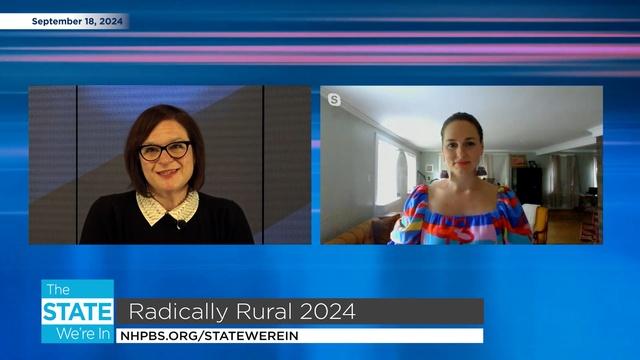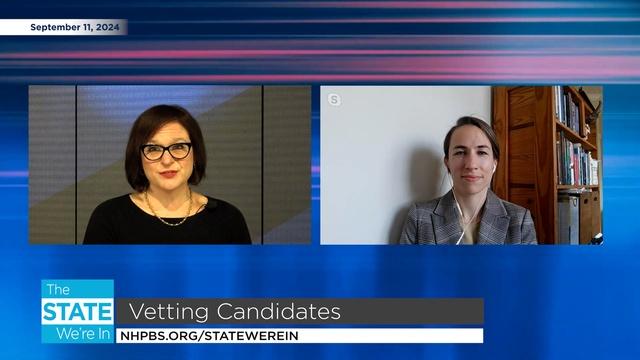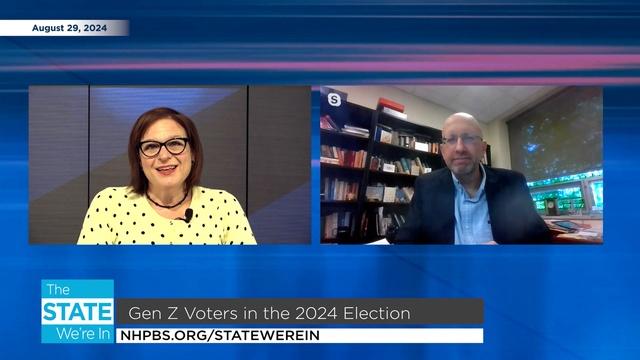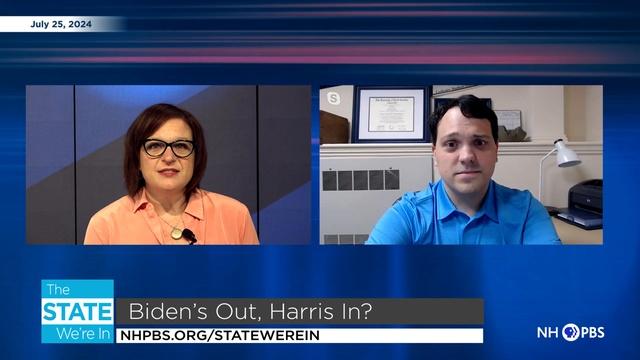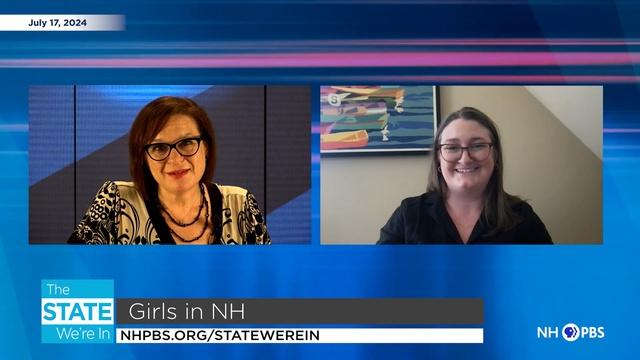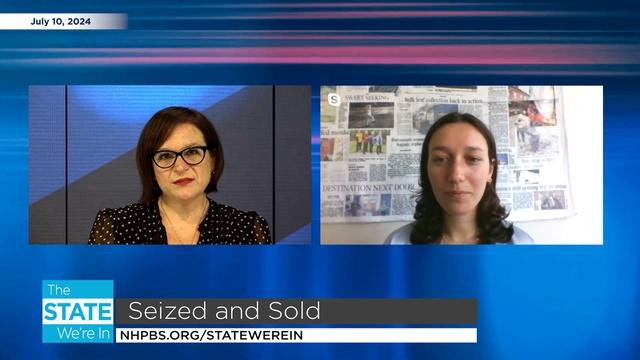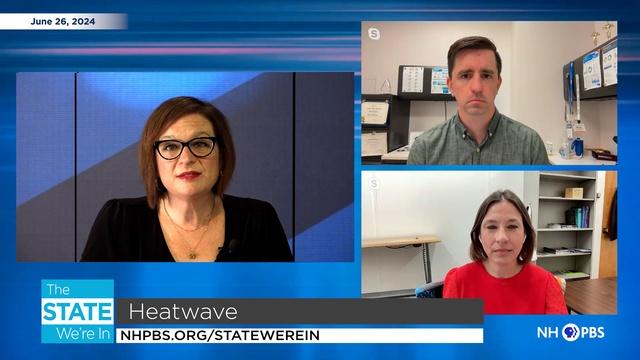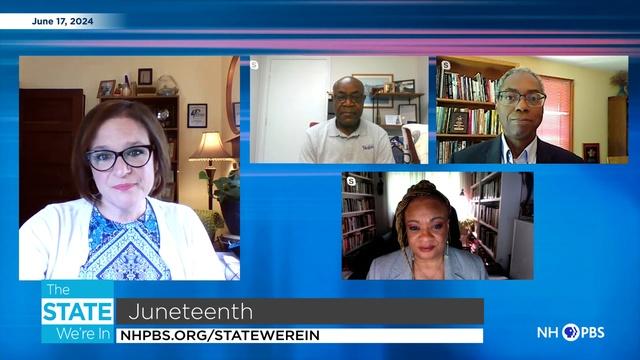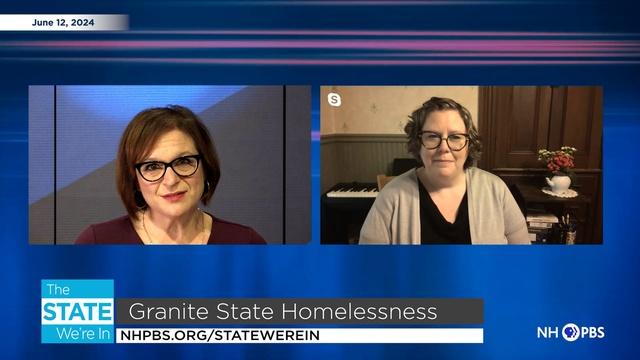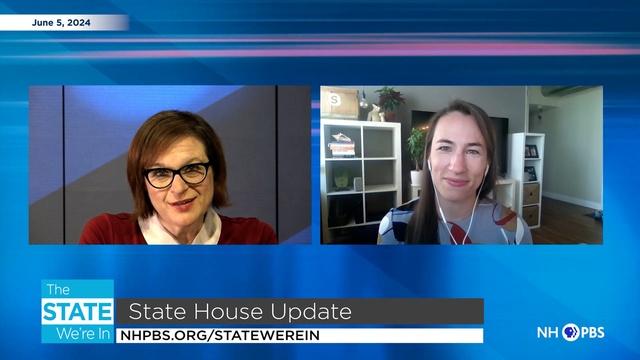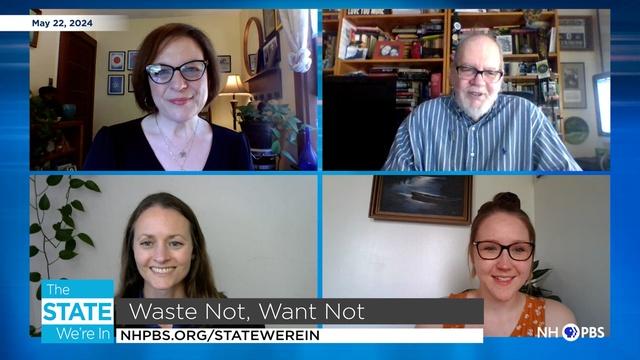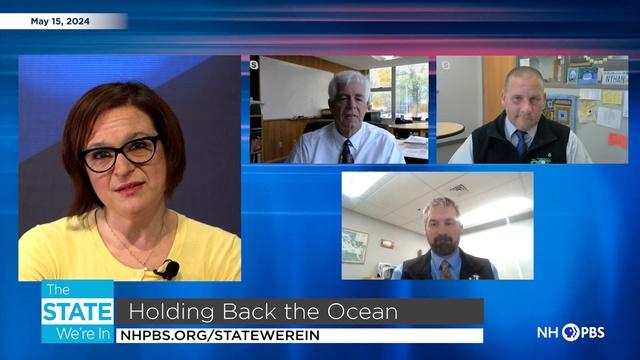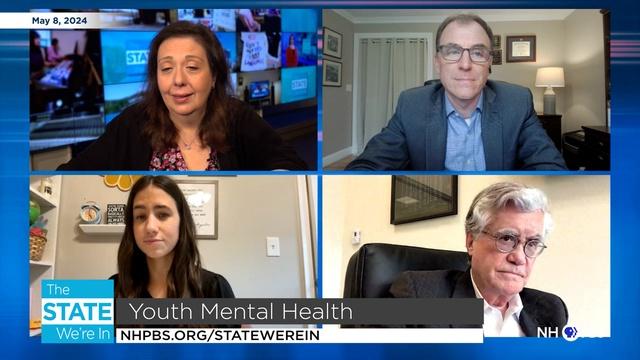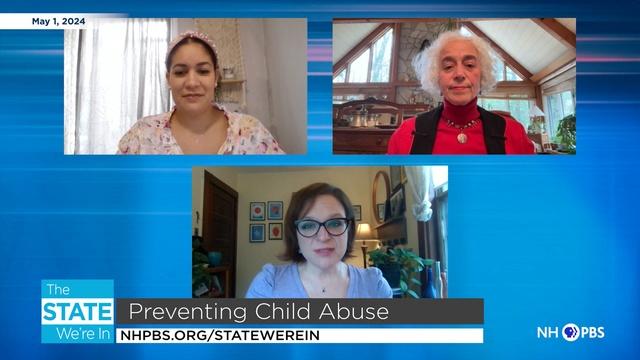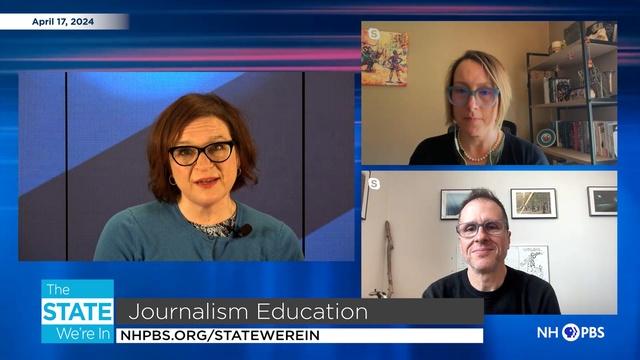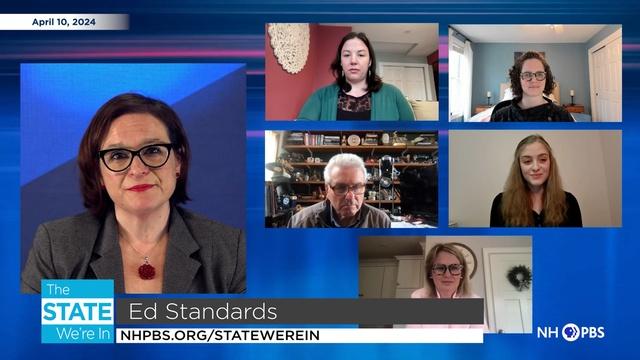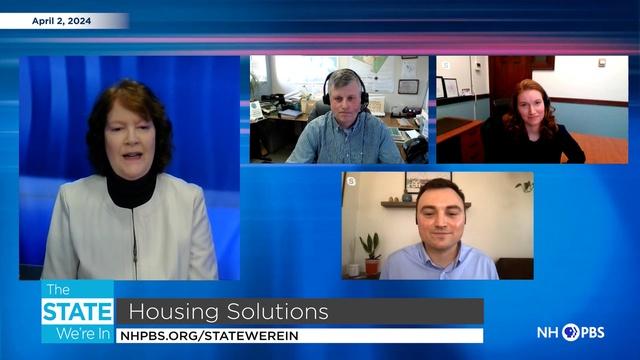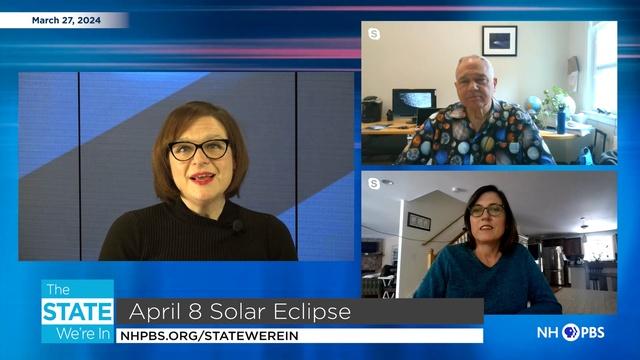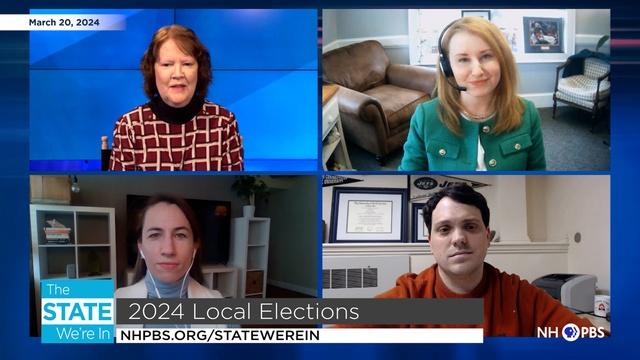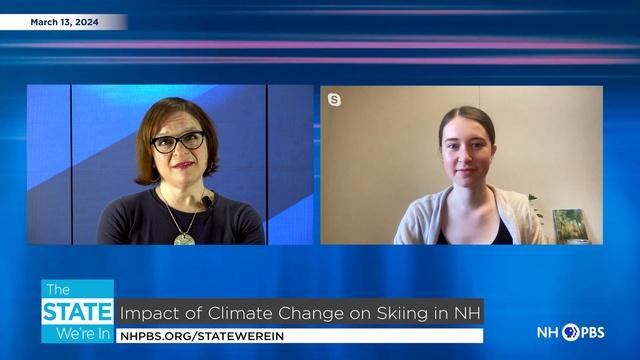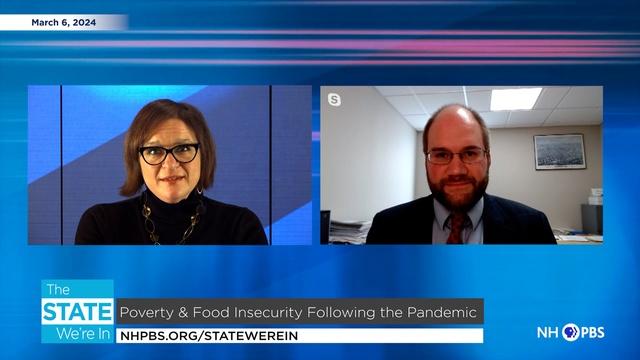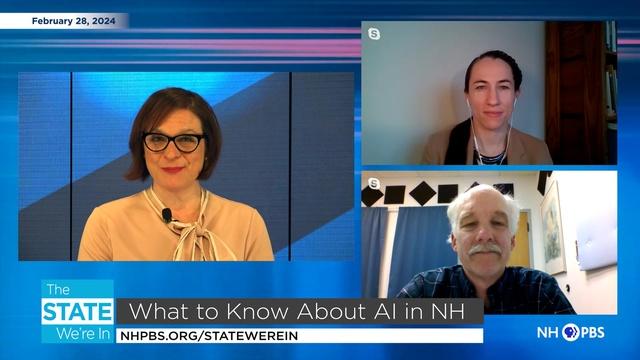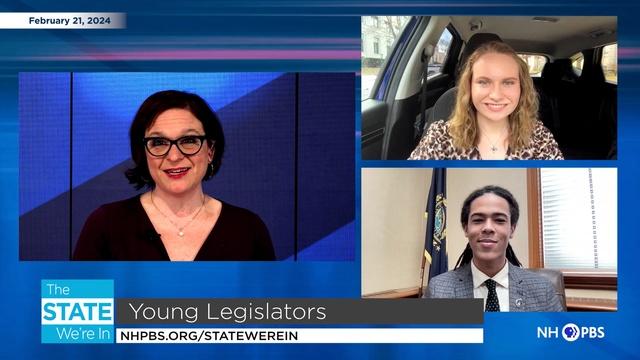Race and Equity in NH - Q & A Transcript
Episode Date - April 14, 2021
By Dawn DeAngelis and Evan Edmonds
GSNC/NHPBS
The State We’re In program
Race and Equity in NH
This content has been edited for length and clarity.
The Granite State News Collaborative has launched a new multi-year project exploring race and equity in New Hampshire. To dig deeper into the project and thinking behind it, The State We’re In host Melanie Plenda talks to several partner organizations participating in the project as well as the GSNC’s new Engagement Reporter.
Steve Leone: This project is a broad effort by many members of the New Hampshire journalism community to put some context around a major issue that's happening nationally and in New Hampshire, and find ways that we can work on this issue in collaboration in ways that we wouldn't necessarily be able to do individually.
Carol Robidoux: Coming from Manchester, we have a very diverse population per capita compared to other places in New Hampshire, so it's been an important issue here but one that we haven't addressed head-on when it comes to making sure that voices are amplified that haven’t been previously heard. We have a lot of students coming into our school systems who are learning English as a second language and parents coming from very different cultures, and yet there's not really any process in place here in Manchester to make sure that the broader community understands what it is to have to assimilate into a new culture and what people from other cultures can bring to understanding of the world. This is a really interesting chance for us here in New Hampshire, as a media collaborative, to make sure that voices are being heard, that stories are being told, and that we are not trying to divide people by talking about race, but that we're actually trying to build bridges of understanding.
Melanie Plenda: Speaking of local journalism needing to reflect the communities that it serves, Matt, I know you're going to be involved in this project. Our newsrooms as a whole are not very diverse, but talk a little bit about the role of bringing the voices of communities of color into the engagement portion of the project.
Matt Mowry: It became apparent very early on in this process that while it was an important topic for us to discuss and produce stories about that, the people around the table were all white. We lacked our own diversity of perspective on this issue and to make sure that we're doing this right, we really wanted to invite communities and people of color into this project to help advise us, to help shape stories, or at least talk about what type of stories we should be covering to make sure that we really are getting to the heart of the issues that New Hampshire is facing.
Melanie Plenda: What is the media's role and responsibility in this conversation about race and equity?
Carol Robidoux: I think we have a responsibility to pay attention and to listen to what's actually happening and then reflect on that. I don't think our population has ever been as multicultural or diverse as it is right now so when the Black Lives Matter movement amplified last year, it wasn't that it was a new message. I think it's up to us as the media to listen and to understand what some of the gaps are, and to make sure that people's lives are being portrayed for what they are. We have to do better at learning what we don't know, so we need to find out what it is that we don't know and try to bring that understanding to our readers who may or may not have a lot of understanding or experience with people from other cultures and other races.
Steve Leone: It's to explain the world around you. I think we do a pretty good job of saying that there is systemic racism, but I don't know that we do a very good job of explaining what it is and putting data in context. We need to look at our institutions, look at our healthcare, look at our education, and look at our policing and say, let's see where things are efficient. Then take that a step further and say, how are other communities handling these issues? That's kind of at the core of what we need to do, is apply data to this issue in a way that helps people understand when we use phrases like systemic racism, what that means, and how that is unfolding in their own communities.
Matt Mowry: There's so much polarization around this issue and there's so much misinformation about what's going on in our country around race and trying to address it that I think it's important that we as journalists provide data and an impartial view of these issues so that people can enter into constructive dialogues about how we move forward as a state.
Melanie Plenda: Matt, Steve, and Carol, thank you all so much for joining us today. Next, we're going to speak with the Granite State News Collaborative’s new engagement reporter Nour Habib. Some folks might not know exactly what an engagement reporter is. Could you talk to us a little bit about what an engagement reporter does and what do you hope to do in your new role with the Collaborative?
Nour Habib: As an engagement reporter, my job is basically to make sure that the voice of the people is heard. I make sure that we're following up on their suggestions and seeing where our communities would like to see this project go. Part of my job will be to listen in wherever I can on social media. We'll be having Facebook live events where people can drop in and leave a comment with a suggestion or a question, Twitter chats, Zoom listening sessions, any way to make sure that people are able to let us know their thoughts. When it's safe again, we'll be able to have some in-person engagement events as well. I really want to hear from people, especially in our communities of color. I want them to tell their own stories and feel that they have a hand in driving where this project is going. AWhile we've got some focus areas that we've identified, like affordable housing or education, we do want to hear from them and let them drive what kind of stories we tell on those topics.
Melanie Plenda: Why do you think that this is an important project to be doing right now? What do you hope that people are able to take away from the work that you do through this project?
Nour Habib: I'm hoping people recognize the great diversity we have in the state and are able to hear directly from communities of color who share their own stories. I think a lot of people are excited about this project and we only launched about a week ago, but I've already started hearing from people who've been reaching out through email or on Twitter and other social media saying that this project is long overdue and they're excited to participate and see where things go.
These articles are being shared by partners in The Granite State News Collaborative. For more information visit collaborativenh.org.
Watch Online
Return to the
The State We're In
Main Page
Support for The State We're In is provided by New Hampshire Charitable Foundation
The State We're In is produced in partnership with the Granite State News Collaborative and the students and staff of the Marlin Fitzwater Center for Communication at Franklin Pierce Unversity in Rindge, NH.
